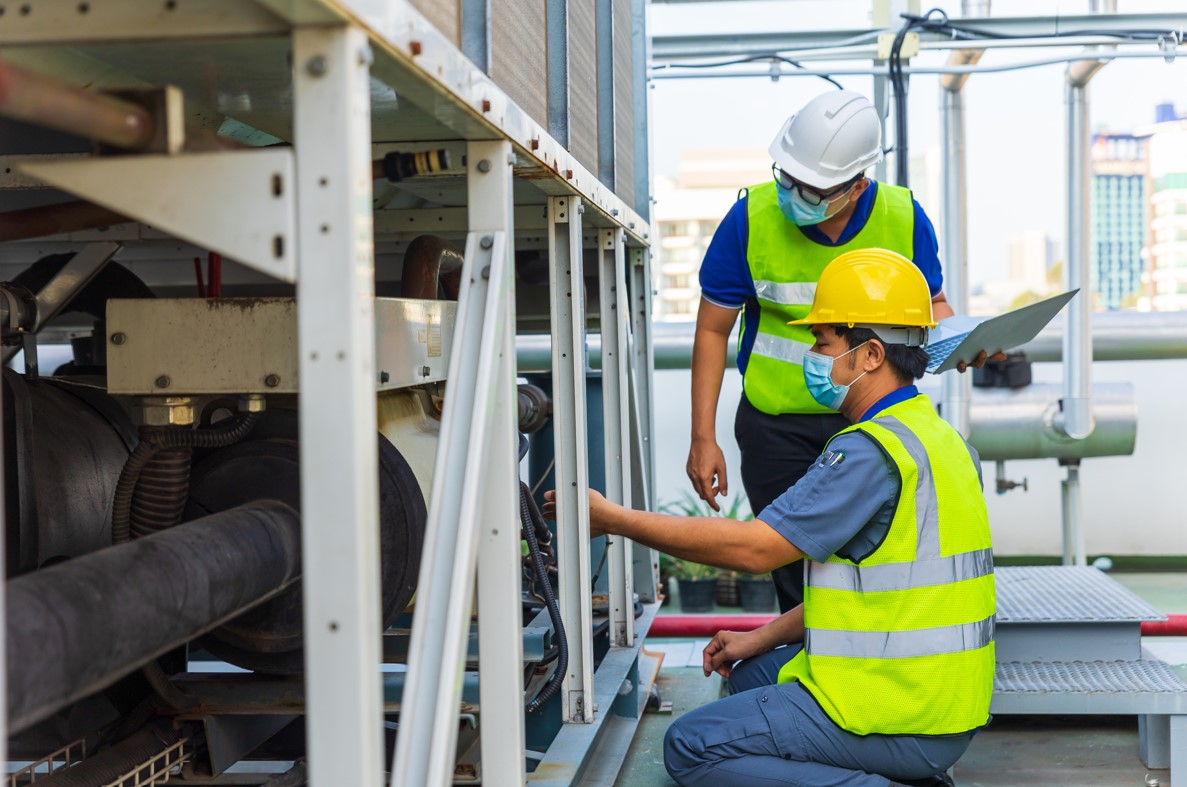
A job as a maintenance technician can be rewarding and challenging. One of the most important aspects of your job will be understanding the various tools and hardware that you’ll encounter during the course of your work. To help you start strong, here are a few examples of items that you’ll likely need to know at some point during your career.
Wrenches and Sockets
Many items that you’ll encounter as a maintenance technician will likely be held together with bolts. To adjust, tighten, or replace these bolts, you’ll need to be familiar with wrenches and sockets. You should have a set of both metric and standard-size sockets so that you can take care of any type of machinery or fixture. To help make your job easier, you can buy adapters for a power drill so that you can work with bolts much more quickly and easily.
Nuts, Bolts, and Washers
Speaking of bolts, you need to be familiar with these important fasteners and their many components. You should understand the different types of nuts that secure bolts to different materials. You should also know when to use industrial washers to reduce the stress on the material being secured so that you don’t cause metal fatigue. Understanding the strength of various types of bolts is also important so that you know when to use certain bolts to provide the best results.
Lubricants
Keeping things running smoothly is largely the job of various lubricants. To prevent excess wear and tear on the equipment you oversee, you will need to have a good working knowledge of the lubricants required to reduce friction and cut down on squeaking. You will also need to understand the differences between oil-based, grease-based, and powder-based lubricants to ensure you use the correct lubricant for each application.
Basic Electrical Tools
Although you might not consider yourself an electrician, you’ll still likely need to do some electrical work during your career as a maintenance technician. It’s wise to be able to use wire cutters and strippers, multimeters, ohmmeters, wire nuts, and voltage testers. It’s also vital that you understand how to interrupt the flow of power to a circuit using a circuit breaker so that you don’t suffer from electrocution during the course of your work.
Understanding for Safety
While it’s good to be familiar with the above items to help perform your job well, the main reason you need to know how to use the tools and hardware of your trade is to remain safe while on the job. Therefore, if you don’t know how to use a certain tool or piece of hardware, make sure to receive instruction on it from a qualified professional before beginning work. By being willing to learn new skills, you’ll be able to advance in your career over many years.


